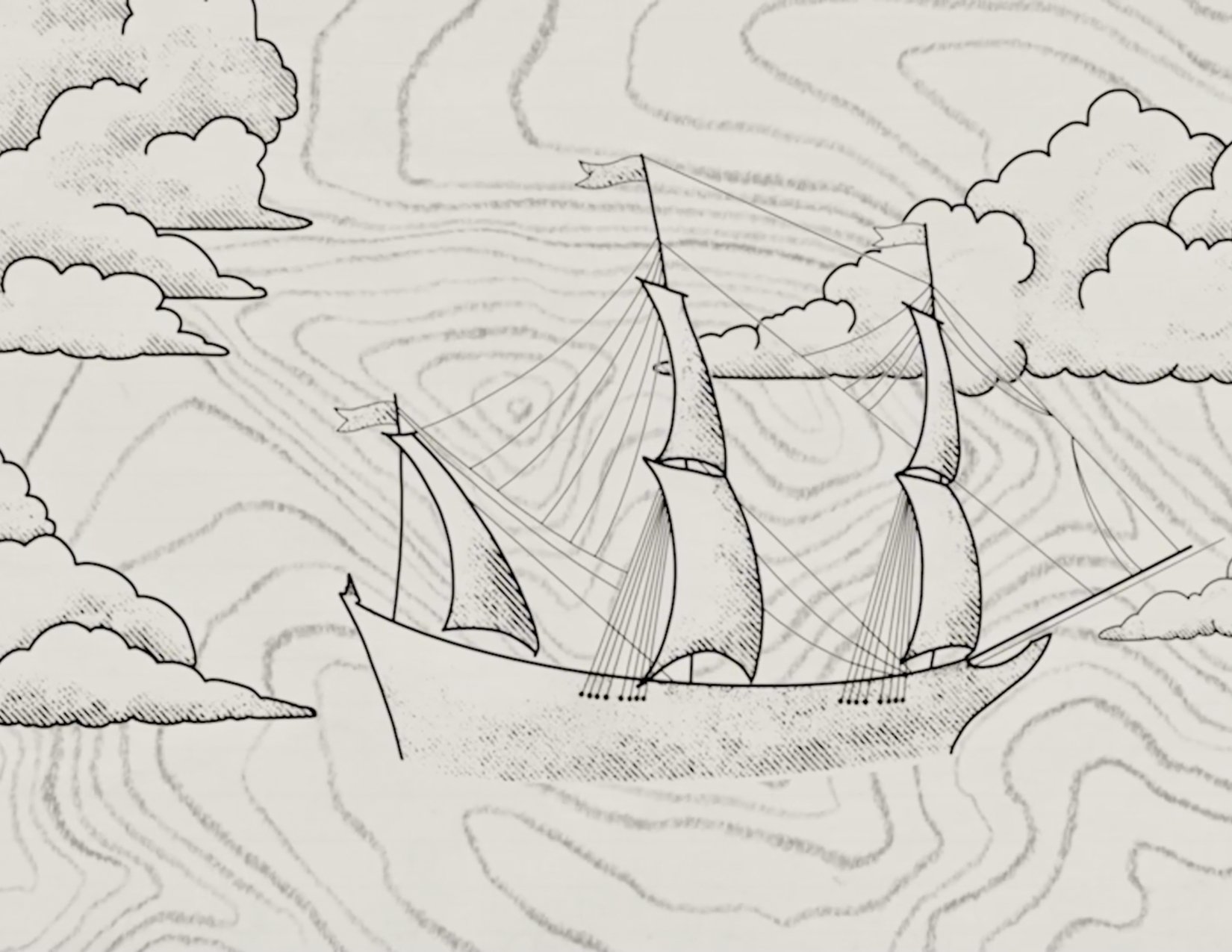Call 9 | We call on editors of all scientific journals to recognize that publication of research on Indigenous Knowledge and cultural resources require review and permission from the respective Indigenous communities.
Excerpt from paperA review of research that is on cultural resources or uses Indigenous Knowledge, including Indigenous place names or words in Indigenous language, by the relevant Indigenous community is essential to correct any cultural inaccuracies, validate findings, and give respect to Indigenous Knowledge. The peer-review process for journals needs to be transformed to include a review from an Indigenous perspective when appropriate, i.e., place equal importance on this type of review as peer-review by technical experts.
DOWNLOAD THE PAPER (EN)
Download the paper (FR)Key Takeaways*
Recognize community ownership of Indigenous knowledge and rights to exert control of the review process when the research relates to cultural resources, uses Indigenous knowledge or data on Indigenous peoples.
Look to OCAP®1 and the National Inuit Strategy on Research for guidance. Require an Indigenous knowledge and data sharing agreement which states how knowledge will be used and published.
During review and before publishing research, ensure there is a process for Indigenous knowledge holders from the relevant Indigenous communities to review articles and give permission to publish. Place equal importance on this review as on the peer review of a western science expert
Adopt existing Indigenous style guides. Editors and publishers should not make up their own guidelines.
*The NWT Association of Communities worked with the authors to develop a summary of the article. Some of the wording in the Key Takeaways comes from the summary which can be found here
Publishing, as it moves up through institutional systems, is a system in itself, not so separate from the colonial system. I've been thinking about how we create space for Indigenous partners, especially in natural sciences or in a discipline that's sometimes narrow and focused.
Lisa Losetto, Editor, Arctic ScienceCritical Context
Principles of Ownership, Control, Access and Possession (OCAP®). The First Nations principles of ownership, control, access, and possession – more commonly known as OCAP® – assert that First Nations have control over data collection processes, and that they own and control how this information can be used.
Inuit Tapiriit Kanatami (ITK) National Inuit Strategy on Research (NISR) outlines the coordinated actions required to improve the way Inuit Nunangat research is governed, resourced, conducted, and shared. It envisions research being utilized as a building block for strong public policies, programs, and initiatives that support optimal outcomes for Inuit that in turn benefit all Canadians.
Decolonizing Citations (video) is presented by Bronwen McKie: A student Librarian at X̱wi7x̱wa Library and a senior MASLIS candidate at the UBC iSchool. Who scholars cite, how scholars cite, and what sources are considered authoritative to cite can validate and legitimize knowledge or oppress knowledge. Frequently, Indigenous ways of knowing (oral teachings and histories in particular) are delegitimized in academia by citational politics. In this session, learn more about “citational politics,” the existing templates for citing Indigenous Elders and Knowledge Keepers, and about the current initiatives at X̱wi7x̱wa to further legitimize citing Indigenous Elders and Knowledge Keepers in academia.
Resources
Elements of Indigenous Style: A Guide for Writing By and About Indigenous Peoples by Gregory Younging offers Indigenous writers and editors—and everyone creating works about Indigenous Peoples—the first published guide to common questions and issues of style and process. Everyone working in words or other media needs to read this important new reference, and to keep it nearby while they’re working.




